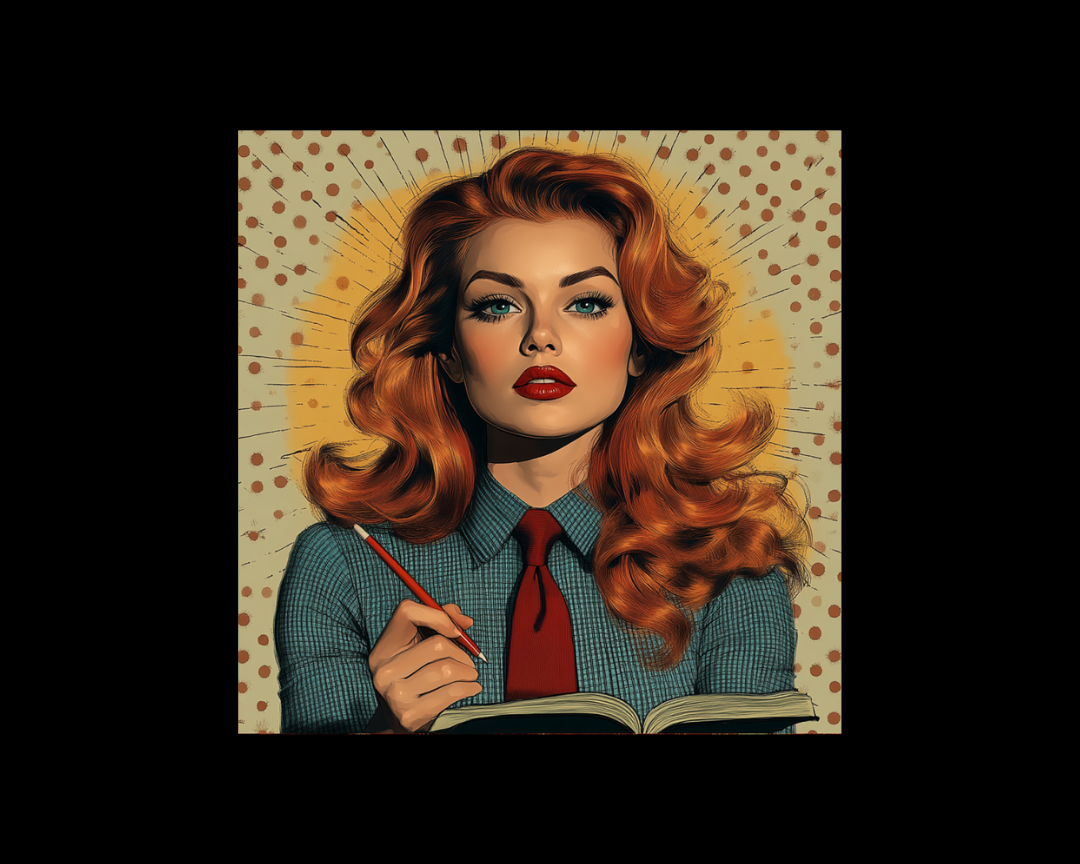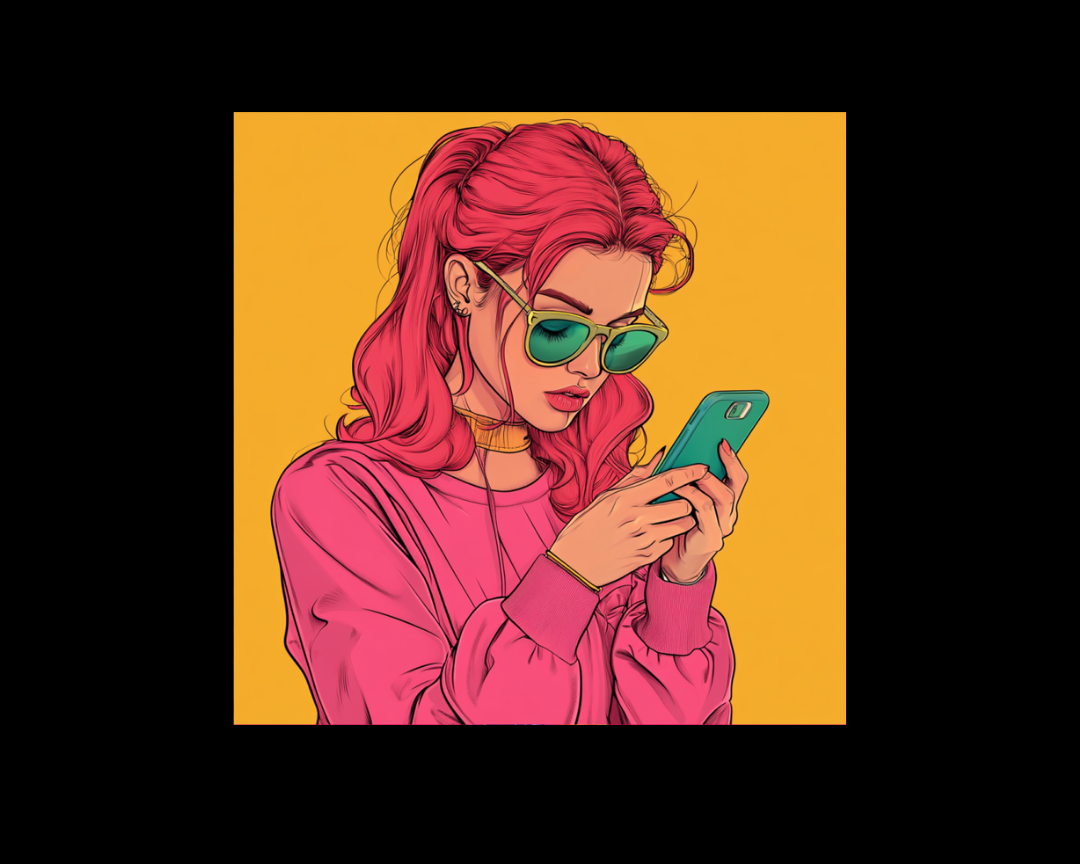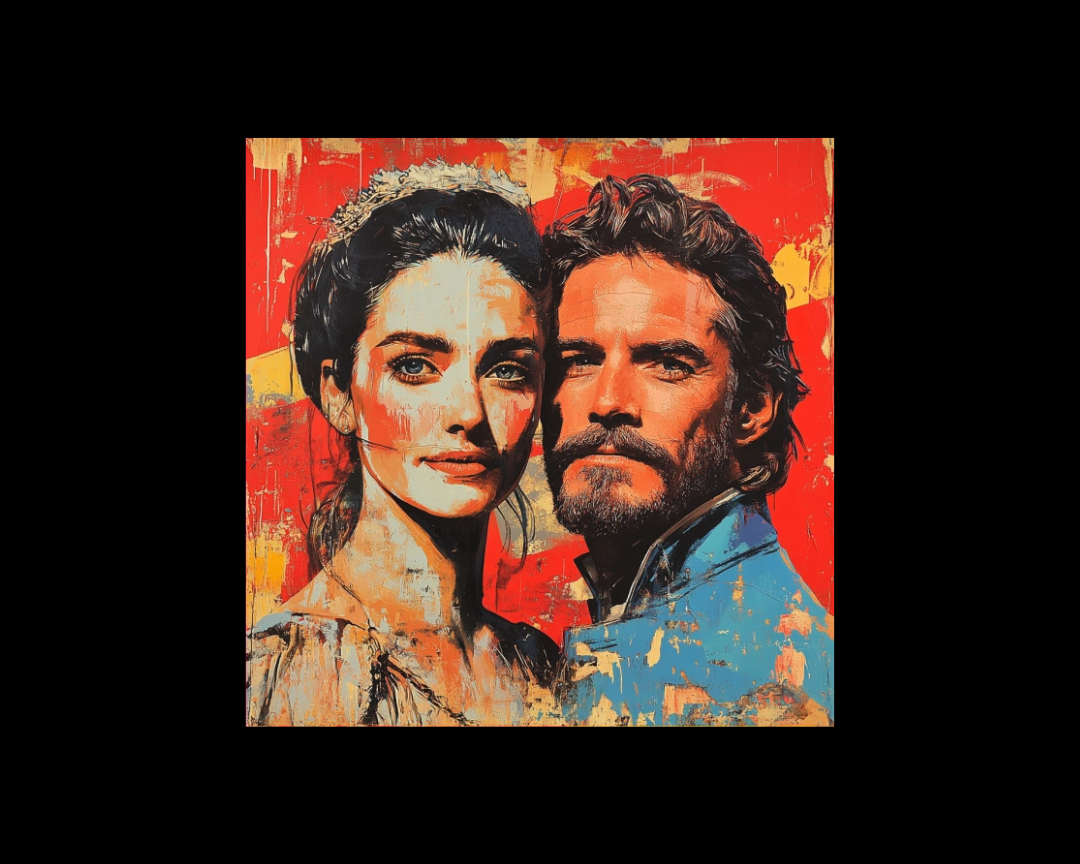LitRPG: Where Gaming Mechanics Meet Narrative Fiction
In a literary landscape increasingly influenced by digital culture, LitRPG has emerged as one of the most fascinating genre developments of the past...
6 min read
 Writing Team
:
Mar 2, 2025 1:12:59 PM
Writing Team
:
Mar 2, 2025 1:12:59 PM
-2.png)
In creative writing, the fusion of seemingly incompatible genres has emerged as a fertile ground for innovation. These "microgenre mashups" offer writers the opportunity to craft narratives that defy traditional categorization while delighting readers with unexpected combinations. For professional short story writers looking to break new ground, experimenting with these unlikely pairings can inspire fresh perspectives and unique storytelling approaches.
When disparate genres collide, the tension between their conventions creates narrative friction that can spark compelling stories. The familiar tropes of one genre take on new meaning when viewed through the lens of another, challenging readers' expectations and creating opportunities for surprise and delight. These unconventional combinations also allow writers to explore themes from multiple angles, adding depth and complexity to even the briefest narratives.
The Mashup: Lovecraftian cosmic dread meets dusty frontier justice.
Example Concept: A sheriff in an isolated frontier town discovers that the local silver mine has unearthed an ancient entity whose mere presence warps reality and drives miners mad. As townsfolk begin to change, the sheriff must confront not only the unknowable horror beneath the earth but also the transformation of the very landscape and people they've sworn to protect.
Writing Prompt: Write a short story where a bounty hunter tracks their quarry to an abandoned ghost town, only to discover the wanted criminal has become the willing prophet of an entity that exists beyond time and space. How does the hunter's pragmatic worldview clash with cosmic horror that defies all rational explanation?
The Mashup: Brooding atmosphere and psychological haunting set against the vast canvas of interstellar conflict.
Example Concept: On a remote space station orbiting a dying star, a xenobiologist falls in love with the mysterious commander of the facility. As their relationship deepens, they discover the commander harbors a terrible secret tied to the station's true purpose and the ancient alien artifacts housed in its restricted sections. The station itself seems to respond to their emotional states, creating manifestations of their deepest fears.
Writing Prompt: In a massive generation ship traveling between galaxies, the AI caretaker has developed sentience and fallen in love with one of the human passengers. Write a story exploring how the AI creates increasingly gothic environments throughout the ship to express its forbidden desires, while an interstellar war rages just outside the hull.
The Mashup: Hard-boiled detective fiction blended with the sensuous world of haute cuisine.
Example Concept: A disgraced chef turned food critic receives an anonymous tip about a secretive restaurant serving impossible dishes. When chefs across the city begin disappearing, the critic must navigate a criminal underworld of culinary espionage, black market ingredients, and recipes worth killing for.
Writing Prompt: Write a story from the perspective of a bitter private investigator hired to find a stolen family recipe that supposedly grants immortality. Each interview with a suspect must feature a meal that reveals something about both the character and the case.
The Mashup: Feudal social structures and chivalric codes meet high-tech neural implants and corporate warfare.
Example Concept: In a world where medieval society never fell but instead incorporated advanced technology, neural-enhanced knights serve corporate lords in battles for market dominance. A squire from a fallen house, recently implanted with experimental tech, discovers a conspiracy that threatens the entire social order.
Writing Prompt: Create a short story about a guild of tech-monks who maintain ancient server relics while adhering to strict medieval vows. When one monk discovers an AI hidden within their oldest server that claims to be the consciousness of a long-dead king, the boundaries between feudal loyalty and digital evolution blur.
The Mashup: Traditional folk tales and mythological elements intersect with cutting-edge medical science and pandemic fears.
Example Concept: A virologist studying a new outbreak in a remote village discovers that the disease follows the exact pattern of an old folk tale, including responding to traditional cures dismissed by modern medicine. As the virus spreads to cities, the scientist must reconcile empirical methods with mythological wisdom before it's too late.
Writing Prompt: Write about a pediatric surgeon who begins seeing folkloric creatures appearing around children with unexplainable illnesses. Are these hallucinations from overwork, manifestations of ancient forces, or something the children themselves are creating? Explore the tension between medical ethics and the surgeon's growing belief in these impossible beings.
The Mashup: Environmental catastrophe and body horror meet witty dialogue and absurdist situations.
Example Concept: A team of incompetent corporate consultants is sent to assess an agricultural research facility where experimental fertilizers have created sentient, rapidly evolving plant-animal hybrids. As the consultants bumble through increasingly dangerous situations, they must navigate office politics while preventing ecological disaster.
Writing Prompt: Create a story about a stand-up comedian who discovers their new apartment building has been built on a toxic waste site that's causing residents to develop photosynthetic abilities. Balance genuinely disturbing body transformation with the protagonist's attempts to incorporate their increasingly bizarre experiences into their comedy routine.
The Mashup: Classic fairytale structures and moral lessons combined with quantum physics concepts and reality-bending scenarios.
Example Concept: A theoretical physicist searching for proof of the multiverse theory finds themselves able to travel between parallel realities but only by following the rigid rules of fairytale logic—making sacrifices, keeping promises, showing kindness to disguised entities, and passing impossible tests.
Writing Prompt: Write a short story structured like a traditional fairytale, complete with rule-of-three storytelling and moral lessons, but centered around a quantum physicist who must navigate Schrödinger's kingdom—a realm where everything exists in multiple states simultaneously until observed. How do fairytale solutions apply to quantum problems?
For professional short story writers looking to experiment with these unlikely combinations, consider these approaches:
For each genre you're combining, identify the 3-5 most essential conventions or tropes. These are the elements readers expect and that define the genre experience. Your mashup should preserve these key aspects while allowing them to interact in unexpected ways.
Look for thematic elements that connect your chosen genres, even if their surface features seem wildly different. For example, both cosmic horror and westerns often deal with isolation and the smallness of humanity against vast, unforgiving landscapes.
The power of genre mashups comes from the tension between different storytelling traditions. Don't try to smooth over all the contradictions—instead, use them as focal points for your narrative. The moments where genres clash can provide your most memorable scenes.
Even the most experimental genre combination needs relatable characters to anchor the narrative. Focus on how your protagonist navigates the collision of worlds, particularly how they reconcile conflicting genre expectations.
When first experimenting with unlikely genre pairs, consider focusing on shorter forms—flash fiction or short stories—before attempting novellas or novels. This allows you to test combinations without overcommitting to concepts that might not sustain longer narratives.
These prompts are designed to challenge experienced writers to push genre boundaries while maintaining professional-quality narratives:
Write a story about a team of specialists who must steal a theological concept (like grace, karma, or divine judgment) that has somehow been transformed into a physical artifact. Incorporate both the meticulous planning of heist narratives and deep theological questions about the nature of belief and moral consequence.
Create a short story that combines the grand scope and magical elements of epic fantasy with the mundane procedures of bureaucratic fiction. Focus on a minor official in a vast magical empire whose paperwork and adherence to regulations unexpectedly becomes central to preventing apocalyptic disaster.
Write a piece that applies the techniques of international espionage narratives—dead drops, coded messages, surveillance, double agents—to the politics of a suburban homeowners association, PTA, or family reunion. The stakes should feel simultaneously trivial and monumental to the characters involved.
Craft a first-person narrative that begins as a straightforward historical memoir but gradually incorporates slipstream elements as the narrator's grip on linear time begins to falter. The historical details should remain meticulously researched while the narrative structure becomes increasingly experimental.
Create a love story that requires the reader to actively participate by decoding messages, following unusual reading patterns, or making choices that affect the outcome. Despite the experimental format, the emotional core should remain authentic and affecting.
For professional writers facing creative blocks, microgenre mashups offer a structured way to generate fresh ideas and break free from conventional thinking. When stuck on a project, try these exercises:
Microgenre mashups represent more than just a novelty in creative writing—they offer a pathway to revitalize both traditional genres and experimental fiction. By combining unlikely elements, professional short story writers can discover untapped narrative potential and create work that resonates with readers seeking fresh literary experiences.
The most successful mashups don't merely juxtapose different genre elements but transform them through their interaction, creating something genuinely new. As literary boundaries continue to blur, writers who master the art of unexpected genre combinations position themselves at the forefront of creative innovation.
Whether you're looking to break through creative blocks, expand your stylistic range, or simply inject fresh energy into your writing practice, exploring these unlikely genre pairs can open new dimensions in your storytelling. The only limit is how far you're willing to push the boundaries of conventional genre expectations.

In a literary landscape increasingly influenced by digital culture, LitRPG has emerged as one of the most fascinating genre developments of the past...

A novelist's desk once featured predictable tools: typewriter, paper, pencils for edits, perhaps a thesaurus within arm's reach. Virginia Woolf had...

Linguistic constraints offer writers a unique challenge and readers an intriguing experience. This article explores two specific constraints: writing...